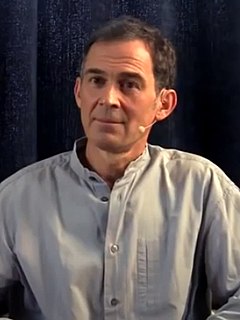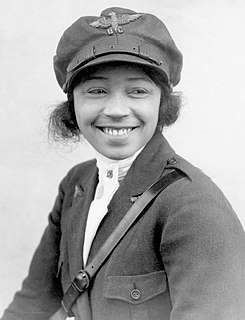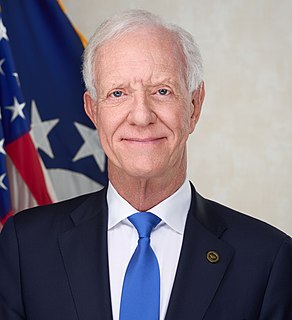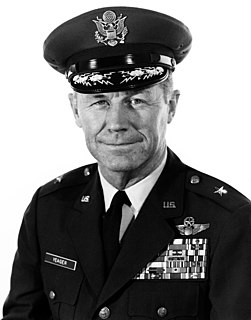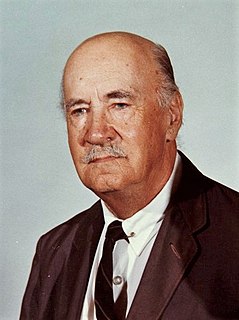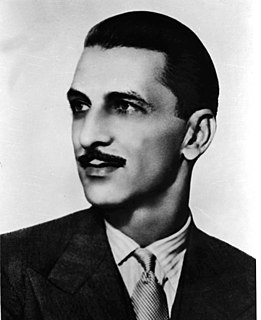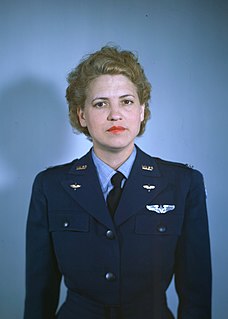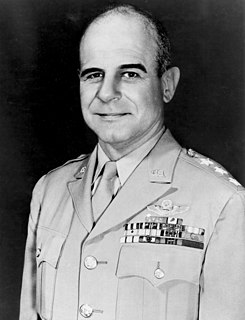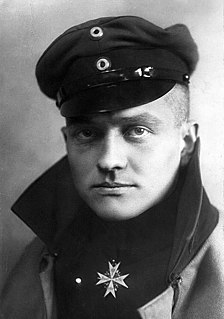A Quote by Charles Lindbergh
Consciousness grows independent of the ordinary senses.
Quote Topics
Related Quotes
On a long flight, after periods of crisis and many hours of fatigue, mind and body may become disunited until at times they seem completely different elements, as though the body were only a home with which the mind has been associated but by no means bound. Consciousness grows independent of the ordinary senses. You see without assistance from the eyes, over distances beyond the visual horizon. There are moments when existence appears independent even of the mind. The importance of physical desire and immediate surroundings is submerged in the apprehension of universal values.
As thinkers, mankind has ever divided into two sects, Materialists and Idealists; the first class founding on experience, the second on consciousness; the first class beginning to think from the data of the senses, the second class perceive that the senses are not final and say, The senses give us representations of things, but what are the things themselves, they cannot tell. The materialist insists on facts, on history, on the force of circumstances and the animal wants of man; the idealists on the power of Thought and Will, on inspiration, on miracle, on individual culture.
I think Kwan intended to show me the world is not a place but the vastness of the sou. And the soul is nothing more than love, limitless, endless, all that moves us toward knowing what is true....If people we love die, then they are lost only to our ordinary senses. If we remember, we can find them anytime with our hundred secret senses.





